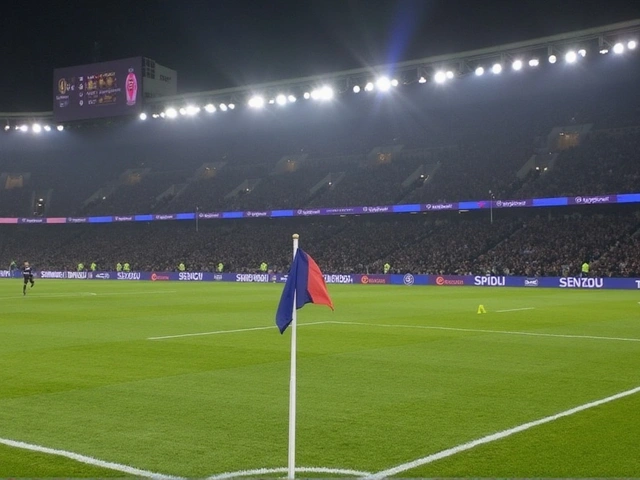Rooted in Resilience: The Early Life of Hassan Nasrallah
Born in 1960 in the impoverished suburb of Sharshabouk in Beirut, Hassan Nasrallah's early life was marked by struggle and displacement. His family’s humble beginnings played a significant role in shaping the man who would later lead Hezbollah, Lebanon’s most powerful militant group. Nasrallah and his family were forced to move to South Lebanon, a tumultuous region that became the backdrop of his formative years. It was there that he delved into theological studies, eventually joining the Amal movement, a Shiite political and paramilitary organization. He later played a crucial role in the founding of Hezbollah, a group that would rise to prominence under his leadership.
The Ascendancy to Hezbollah Leadership
Nasrallah’s ascent to the role of Hezbollah’s secretary-general marked a new chapter for the militant group. Following the death of Sayyed Abbas Musawi in an Israeli helicopter gunship raid in 1992, Nasrallah assumed control, driven by a vision to reshape Hezbollah. Under his stewardship, Hezbollah confronted Israel in multiple conflicts, most notably the 34-day war in 2006. This war was significant, showcasing the transformation of Hezbollah into a formidable adversary for Israel. Nasrallah’s strategic brilliance and charisma have been pivotal in these confrontations and in the group's participation in the Syrian conflict, tipping the balance in favor of President Bashar Assad.
Charisma and Strategy: The Dual Pillars of Nasrallah’s Leadership
Nasrallah’s leadership extends beyond military prowess. His ability to cultivate alliances has been instrumental in ensuring Hezbollah’s prominence. Cementing relations with Shiite religious leaders in Iran and Palestinian militant groups such as Hamas has fortified Hezbollah’s position in the region. Nasrallah’s charisma has not only garnered him idolization among Lebanese Shiites but has also earned him respect across the broader Arab and Islamic world. The honorific title of Sayyid, which underscores his lineage to the Prophet Muhammad, further augments his standing in the religious and militant spheres.
Living in Hiding, Leading in Plain Sight
Despite recently living largely in hiding due to fears of an Israeli assassination, Nasrallah’s influence remains unyielded. His messages continue to be disseminated through Hezbollah’s radio and satellite TV stations, maintaining his visibility and impact in the Arab world. The death of his eldest son, Hadi, in 1997 while fighting Israeli forces, only reinforces his implacable stance against Israel. The designation of Hezbollah as a terrorist organization by the United States in 1997 underscores the group's contentious position in global geopolitics.
Origins and Evolution of Hezbollah
Hezbollah’s roots trace back to the summer of 1982 when Iranian Revolutionary Guard members arrived in Lebanon to combat the Israeli invasion. As the first group backed by Iran, Hezbollah became a vessel for exporting Iran's political Islam. Nasrallah has masterfully built Hezbollah's power base over the years, integrating it into a broader network of Iranian-backed factions and governments. This strategic integration has bolstered Hezbollah’s influence, making it an essential entity in Middle Eastern geopolitics.
Recent Developments: Israeli Airstrikes and Unwavering Resolve
Recent events have only highlighted the ongoing tensions between Israel and Hezbollah. The Israeli airstrikes on Beirut’s suburb of Harek Hreik represent the largest strike in the Lebanese capital in nearly a year of continuous conflict. These strikes, targeting Hezbollah headquarters, have spurred speculation that Nasrallah was the intended target. While Israeli officials have not confirmed this, and Hezbollah has refrained from commenting, the incident underscores the persistent volatility in the region and the continued threat Nasrallah poses to Israel.
Conclusion: A Leader's Legacy
Hassan Nasrallah's journey from a humble background to the helm of one of the most influential militant groups in the Middle East is a testament to his tenacity and strategic genius. His leadership has not only defined Hezbollah’s trajectory but has also significantly impacted the geopolitical landscape of the region. As he continues to navigate the complexities of Middle Eastern politics, Nasrallah remains a figure of resilience, strategic acumen, and indomitable will.






Write a comment